As the world rapidly shifts away from fossil fuels towards renewable energy, nations must develop forward-looking institutions that navigate the ever-expanding energy sector.
With less than 25 years away towards nation’s net-zero aspiration, Malaysia has to look at not just reducing emissions, but also secure energy resilience, strengthen its workforce and position itself as a leader in the regional energy transition.
To meet commitments, there must be strategic investment in research, innovation and talent development, which can be fulfilled by academic institutions, nationally and globally.
International examples include the United States’ National Energy Research Scientific Computing Centre (NERSC), the United Kingdom’s Alan Turing Institute for Data Science and Artificial Intelligence and Japan’s Institute of Energy Economics (IEEJ).
For Malaysia to stay competitive and meet its 2050 net-zero aspiration, it must build similar knowledge hubs that could combine applied research with long-term vision so that it can cover the issues climate change, sustainable development and renewable at all levels.
This has resulted in the establishment of National Energy Centre (NEC), a national level Centre of Excellence (COE) of international standing, located at Tenaga Nasional Berhad’s (TNB) wholly owned university, Universiti Tenaga Nasional (UNITEN).

A Strategic Hub for Energy Research and Talent
Soft launched in 2022, this centre of excellence has been set up to play a strategic role in conducting a diverse portfolio of energy-focused research projects, in collaboration with experts from renowned local and international universities as well as industry leaders, all with the purpose of positioning Malaysia as a regional energy hub.

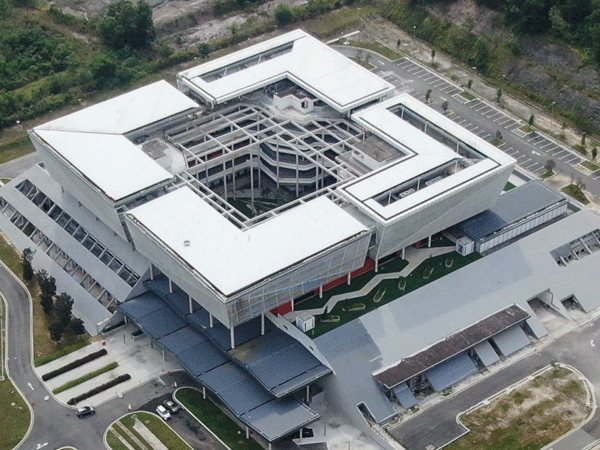
It also aims to establish a Strategic National Energy Framework to transform Malaysia into an energy hub and provides industry players with the opportunity to become a strategic partner by opening a branch or a satellite laboratory /incubator in the NEC.
The NEC is representative of ideals that combines education, innovation, and policy together in a single ecosystem while keeping Malaysia’s ambition for a sustainable, secure, and inclusive energy future.
The centre has been set up to serve as a training ground for both engineers and energy professionals, and is now home to five of UNITEN’s specialised research institutes. These are:
- Institute of Sustainable Energy (ISE)
- Institute of Energy Infrastructure (IEI)
- Institute of Power Engineering (IPE)
- Institute of Informatics and Computing in Energy (IICE)
- Institute of Energy Policy & Research (IEPRe)
Housed under a single roof, the centre provides the backbone for collaborative research on decarbonisation, electric mobility, sustainability, economics & energy policy, and others, with research concentrating on seven main areas:
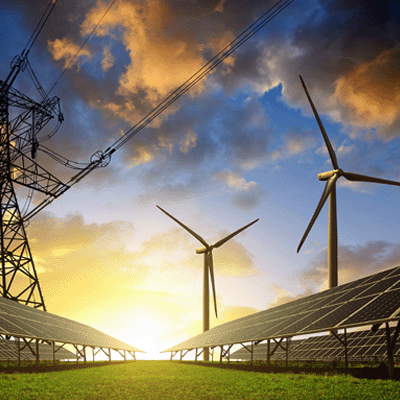
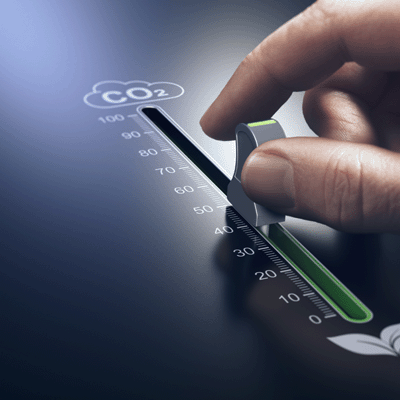
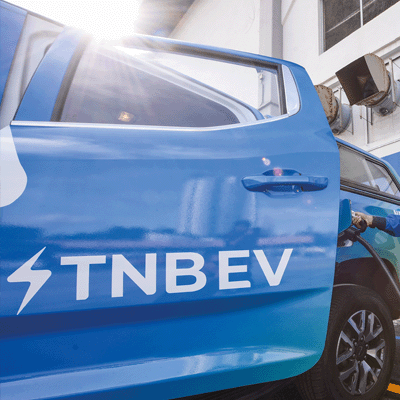
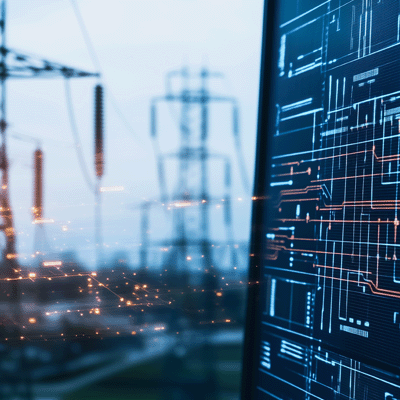

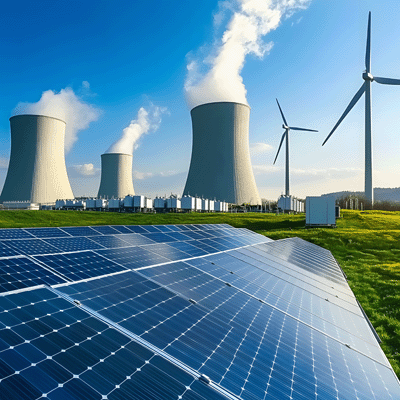

Among the areas that will be explored in-depth in UNITEN’s National Energy Centre includes the use of hydrogen, space-based solar power, magma power, algae energy power, sunset solar power, wind and fusion power for renewable energy and the development of electric vehicle technological ecosystems.
Part of the centre’s initiatives include the TNB’s Energy Transition Academy, jointly developed between TNB and UNITEN was also launched to equip TNB’s employees and Malaysia’s future energy workforce with the right skills in energy transitions.
Ultimately, the NEC serves four national functions:
Problem Solving
Able to conduct research and development to solve real national problems linked to energy and sustainability.
Sustainability
Collaborate with local and international institutions, while contributing to the well-being of communities and sustainable development in all populated areas (including indigenous communities).
Community
Maintain a national supply of sufficient and sustainable energy that is modern, clean, efficiently maintained, and affordably accessible to all levels of society.
Capacity Building
Support regional capacity building through the Energy Transition Academy.
Hitting the Ground Running with Energy Research
Though a relatively recent addition to the industry, the National Energy Centre has already pushed ahead with promising movements and achievements in the energy landscape.
The NEC's Institute of Sustainable Energy (ISE) has begun the collaboration with Universiti Teknologi Malaysia’s (UTM) to advance research in hybrid solar modules, low-wind turbines and biohydrogen generation.
On top of that, the ISE and Institute of Informatics and Computing in Energy (IICE) is also working with Universiti Kebangsaan Malaysia (UKM) on research related to bioenergy and fuel cells.
UNITEN's NEC researchers have also received international recognition at the recent Malaysia Technology Expo from projects they have spearheaded such as the "Cenosphere Separator Detection" and the innovative system on waste management.
The centre also hosted the dissemination of the 7th ASEAN Energy Outlook, with discussions between academics, researchers and stakeholders being facilitated on regional energy trends.
Over the past two years, the Centre’s representatives have actively engaged with international counterparts through various platforms, including the Table Run-up to the Establishment of the Malaysia Chapter of the World Energy Council (WEC) in November 2024 and other notable events. These engagements reflect the Centre’s growing role in the global energy landscape.
In recognition of their expertise, the Centre's officials have also been invited to speak at international forums such as the International Conference on Hydrogen and Fuel Cell: ICFCHT-SFCHT 2023, and are scheduled to participate in the upcoming World Energy Week 2025 at Panama.
These activities are more than just a list of achievements. They reflect the centre’s role as a driver in Malaysia’s clean energy transition, and one that signals Malaysia’s readiness to lead in the region.
Charging Forward towards a Just Energy Transition
Maintaining and making sure that Malaysia succeeds in the just energy transition is a monumental task. It is a journey that will require deep resolve amid a bold national ambition.
TNB is well-equipped to take on this challenge, a fact that has been honed into focus through the advent of initiatives such as the establishment of the National Energy Centre at UNITEN.
This is where the National Energy Centre plays a vital role - ensuring that research efforts are not conducted in silos but are instead aligned with real-world outcomes, by harnessing world-class talent and driving a clear, focused energy mission.
With institutions like the National Energy Centre leading, the country is far better placed to meet the demands of the future while building an energy system that is both secure and sustainable for the Malaysia of tomorrow.